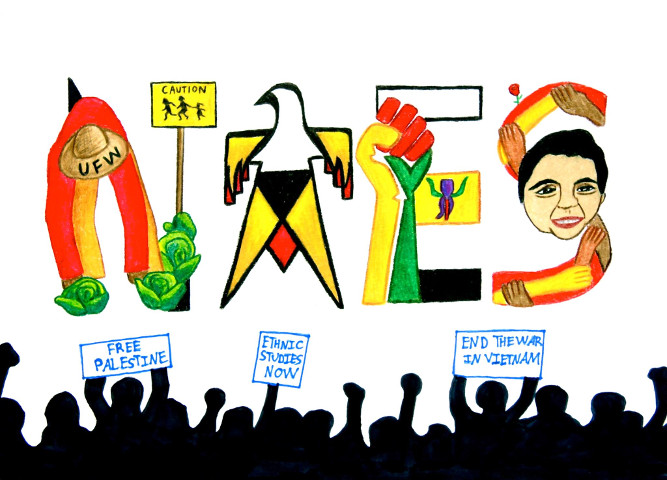Ethnic Studies Review

Orginal Publication Date
2005
Journal Title
Ethnic Studies Review
Volume
28
Issue
esr/vol28/iss2
First Page
17
Last Page
36
Abstract
Racial passing has a long history in America. In fact, there are manifold reasons for passing, not the least of which is to reap benefits-social, economic and legal-routinely denied to people of color. Passing is conventionally understood to be a volitional act that either situationally or permanently allows members of marginalized groups to assimilate into a privileged culture. While it could be argued that those who choose to pass are, in a sense, race traitors, betraying familial, historical and cultural ties to personhood,1 Wald provides another way of reading passing, or "crossing the line," as a "practice that emerges from subjects' desires to control the terms of their racial definition, rather than be subject to the definitions of white supremacy" (6). She further contends that racial distinction, itself, "is a basis of racial oppression and exploitation" (6).
Rights
Copyright ©ESR, The National Association for Ethnic Studies, 2005



Comments
Shifting Identities